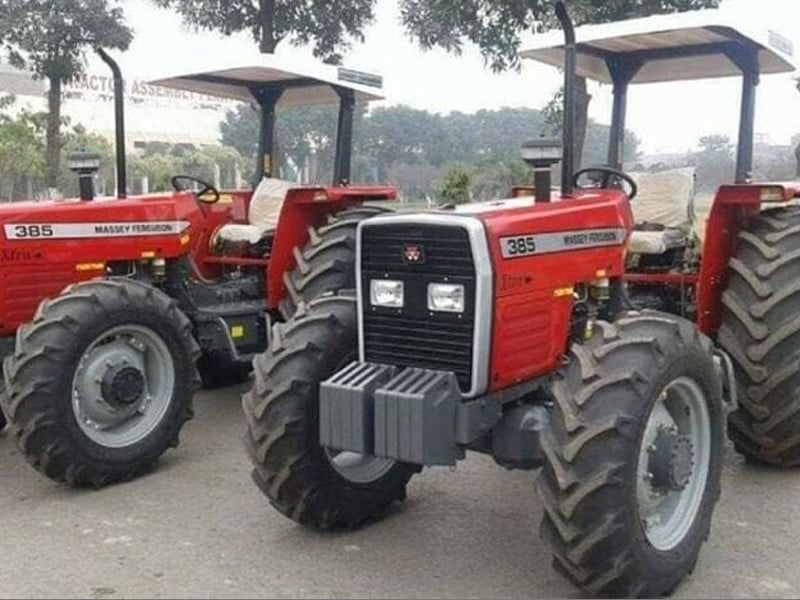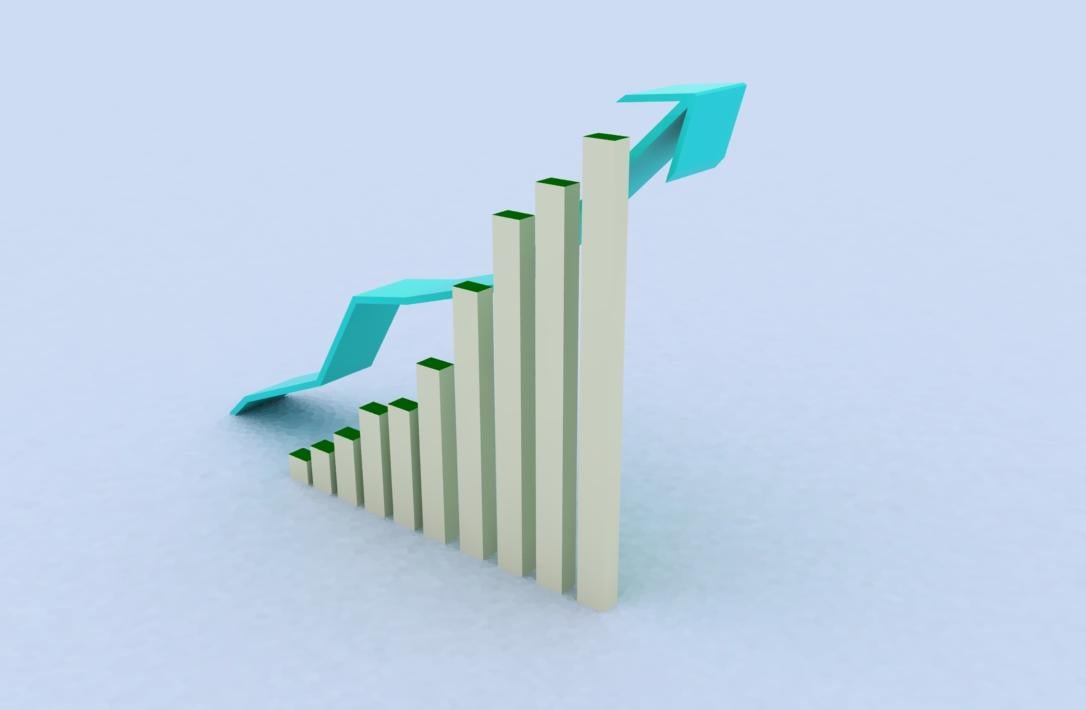ISLAMABAD’:
The local tractor manufacturers have raised concern over frequent changes in the general sales tax (GST) regime and called for the inclusion of a stable GST system in the upcoming tractor policy.
During a meeting, the tractor manufacturers expressed their dismay over the high rate of GST, excessive regulatory duties, high markup rates, and the lack of consistent policy frameworks that were presenting significant challenges.
They highlighted frequent GST regime changes, erratic tractor loaning and provincial subsidy schemes, commodity support prices and a non-existent tractor policy. They urged the government to announce a stable GST framework and introduce a national tractor policy to stabilise the sector.
The industry comprises 250 family owned small and medium enterprises (SMEs) and has 30,000 to 35,000 employees. The tractor manufacturers produce 44,203 units per annum. Similarly, tractor parts amounting to Rs48.62 billion are produced every year. According to the industry, they contribute Rs32.10 billion in taxes.
These issues were outlined during a high-level meeting between the tractor manufacturers and Special Assistant to the Prime Minister on Industries and Production Haroon Akhtar Khan, where the formulation of a national tractor policy came up for discussion.
Price reduction
Meanwhile, the government has directed the manufacturers to propose solutions that could result in a reduction in tractor prices to make them more affordable and accessible.
The price range for tractors in Pakistan is between Rs2.2 million and Rs5 million. It fluctuates depending on the model and horsepower.
Millat Tractors offers a range of models with prices ranging from Rs2.22 million to Rs5.213 million. Al-Ghazi Tractors (New Holland) has a starting price of Rs2.369 million and the highest price of Rs3.849 million. Bull Power Tractors quotes prices in the range of Rs2.340 million to Rs4.750 million.
“Protection to the local industry is central to the PM’s vision,” Khan said. “Agriculture, export and manufacturing sectors are closely linked and must be developed in tandem to drive economic growth.”
He stated that increase in exports and improvement in the economy were the key priorities of the government, adding that the suggestions of tractor manufacturers would be reviewed.



